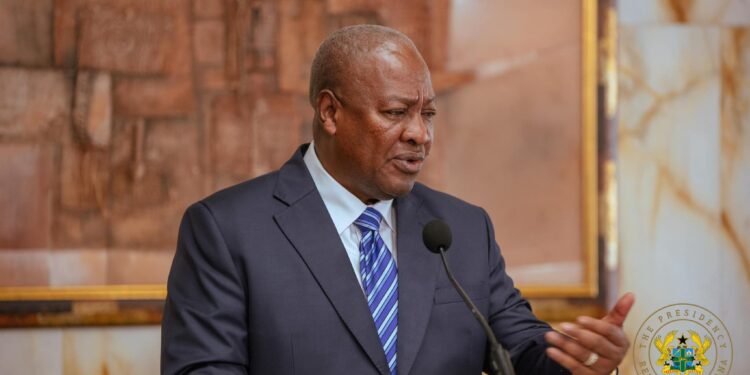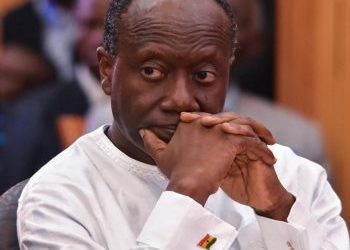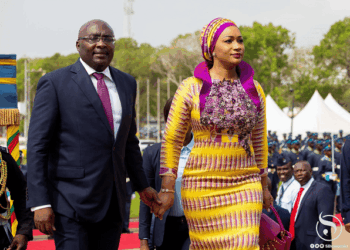A controversial opinion piece by commentator P.K. Sarpong has ignited fresh debate over the Mahama administration’s handling of illegal mining, known locally as galamsey, with allegations that the upcoming meeting at the Presidency is a ploy to silence critics through inducements.
Sarpong, a vocal columnist on governance issues, questioned the motives behind an invitation extended by Dr. Callistus Mahama, Secretary to the President, to representatives of civil society organizations (CSOs). The meeting, set for noon on October 3, 2025, at the Jubilee House, is billed as a dialogue on combating illegal mining activities that have ravaged Ghana’s forests, rivers, and farmlands.
In his sharply worded commentary, Sarpong described the outreach as a “well-calculated and rehearsed plot” designed to “gag” vocal CSOs amid mounting public backlash against the government’s perceived inaction. “We do not need to be gifted with the spirit of clairvoyance to be able to figure out that the Mahama government has succumbed to galamsey,” Sarpong wrote, pointing to the administration’s campaign promises of robust anti-galamsey policies that have yet to materialize.
He accused the Presidency of succumbing to pressure from eroding approval ratings, driven by CSO-led criticisms and media exposés on environmental devastation, including polluted water sources and deadly mining pits that have claimed lives. Sarpong predicted the session would feature a “rehash of the very policies deployed by the government which are yielding little to no results,” followed by “mouthwatering” gifts to sway participants into tempering their advocacy.
“Not every CSO can be bought,” Sarpong emphasized, praising the integrity of many activists while warning that some might emerge from the meeting urging patience with the administration, effectively muting broader scrutiny.
As Ghana grapples with galamsey’s toll—estimated to threaten water imports and biodiversity—the October 3 meeting looms as a potential flashpoint. Whether it fosters genuine collaboration or, as Sarpong fears, a “temporary end” to criticism, remains to be seen. For now, the invitation underscores the fragile alliance between government and civil society in one of the nation’s most pressing crises.
Source: Operanews










Discussion about this post